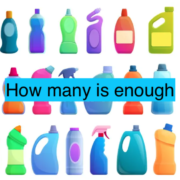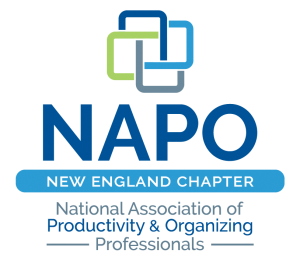Reset day
Establish a weekly reset day. A day where you clean up and clear out in order to start fresh for the coming week. My reset day is Sunday. I do several things on this day that help me maintain order.
- Check calendar and weekly work schedule
- Plan meals
- Change sheets
- Water plants
- Change bathroom and kitchen towels
- Do laundry








Follow Me